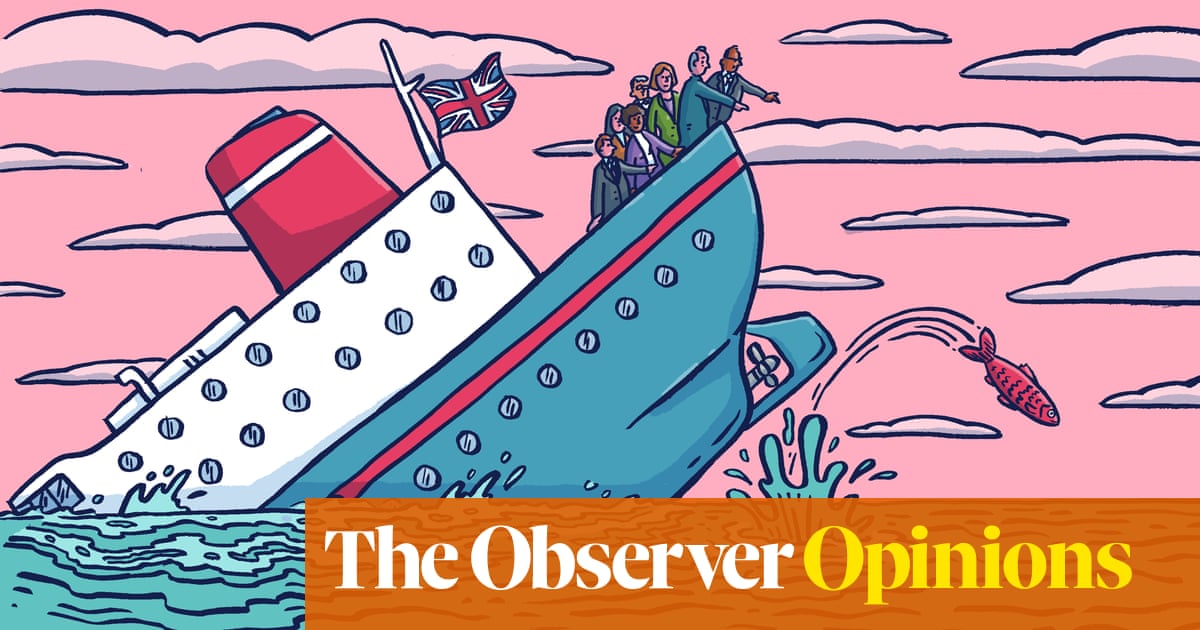
DUBAI: It came as a surprise to learn that Barney Harford is from the north of England, reads the Guardian newspaper, and is a fan of Manchester City football club.
“Who else is there?” he asked of Arab News in an interview in Uber HQ in Dubai’s Internet City.
This is not the background you would expect of the new chief operating officer of Uber.
California, the San Francisco Chronicle (if any old-style mainstream media at all) and the 49ers American football team would seem more appropriate for the number two executive in a company that has become synonymous with the hi-tech disruption of the digital economy.
But maybe Harford’s more prosaic origins are exactly what Uber wants as it seeks to shed the image and practices that have got it in trouble with regulators, drivers and passengers worldwide.
The New Yorker magazine recently called Uber “one of the most successful, and scandal plagued companies in Silicon Valley,” but under new-broom chief executive Dara Khosrowshahi — who appointed Harford first as his personal adviser and then to the COO post last year — Uber is in the middle of a revolution in corporate culture and governance that aims to ditch the legacy of its founder Travis Kalanick.
Speaking on a stop in the UAE on a whirlwind tour of the “core markets” in the Middle East, north Africa and south Asia, Harford was keen to draw a line under the past. “The choices of the former leadership were not the right choices, the ethical direction was not right in the way it engaged with the cities and states that host us,” he said.
Biography:
Born: 1972 Manchester, UK
Education
Manchester Grammar School
Cambridge University (BSc Natural Sciences)
INSEAD MBA
Career
Kalchas Group: Adviser
Expedia: various roles
Orbitz: CEO
Uber: COO
United Airlines: Board member
RealSelf: Board member
It was not just in dealing with city authorities and taxi regulators that Uber crossed the line. It has also attracted allegations of sexual harassment, abuse and exploitation of employees in the “gig economy.”
Khosrowshahi was brought in by disgruntled investors to clean all this up, and found a willing helper in Harford. The two had worked together at Expedia, the online travel site where Harford was head of business development before joining rival Orbitz, which was eventually sold to Expedia for $1.6 billion.
“I know Dara well. I can anticipate his expectations,” Harford said.
Dara expects a fundamental change in corporate culture at Uber, and is taking radical measures to bring this about. Harford’s appointment was one, as was the hiring of a general counsel, former US department of Justice lawyer Tony West, to tackle governance and litigation issues.
A chef financial officer (CFO) is also expected soon. Incredibly, Uber got to be a $72 billion valued company without ever having a formal CFO. Harford expects the discipline of an initial public offering — slated for next year — will complete the clean-up on a corporate level.
“There is a new leadership team and a new ethical direction. We aim to do the right thing, period,” Harford said.
Operating out of 68 countries and 600 cities worldwide, with 75 million monthly riders and 3 million drivers completing 4 billion trips in 2017, getting it right is a complicated thing. But Harford is adamant about the top priority.
“The number one priority is safety. Uber has 15 million rides per day, so we have to provide safe and reliable transportation for a lot of people. I just attended a closed door seminar with other industry people — hotels, airports, airlines — to form a coalition against sexual harassment in transportation. This is crucial. The frequency with which women suffer from sexual harassment is shockingly high, which makes it hard for them to travel,” he said.
“There is technology that will help prevent sexual harassment, and we have used it in the US where we have 750,000 drivers, to prevent trafficking of minors,” he added.
Criticism of Uber’s anti-harassment safeguards went hand-in-hand with another allegation: That the company was exploiting drivers who were not formal staffers (there are only 18,000 employees of the company) as part of the “gig economy.”
Harford does not like that expression, preferring the term “micro-entrepreneurial opportunities” to describe Uber’s employment approach.
“I believe we play a key role in creating micro-entrepreneurial opportunities around the world. It is a real engine of economic growth in many societies, providing economic opportunity to people who didn’t have it before,” he said.
Which brought him to the Middle East. He believes that the region — along with North Africa and South Asia — has all the key market characteristics Uber looks to exploit.
“We see immense growth in the region. Many countries do not have very developed public transport systems, but they have big economic growth and and are open to micro-entrepreneurship,” he said.
Saudi Arabia is a main focus of this strategy. “I’m very excited to play a role in the Kingdom’s vision for economic expansion and the empowerment of women,” he said.
Uber started in the Kingdom in 2014, mainly as a service for a few hundred expats, but now more than 1 million riders took an Uber in the last 3 months. The vast majority of Uber drivers in the Kingdom are Saudi citizens.
Soon after the announcement that the ban on women driving would be lifted, Uber launched plans for “dedicated female partner support,” and last month started “Masaruky,” a scheme to increase womens’ participation in the workforce through increased mobility, with a SR1 million pledge to make driving schools more accessible for women.
Last week, Uber teamed up with the non-profit female empowerment organization Al-Nahda to identify and help underprivileged women learn to drive and obtain a license.
“Dara and I feel very strongly about women’s empowerment. But the reality is that it will take a while for women in Saudi to learn to drive and own a car. And the long-term idea is to make it so accessible that people don’t need to own a car at all,” Harford said.
But Uber is more than just a taxi company. “Cars are to Uber like books are to Amazon,” he said, before talking about Uber Eats, now a well-established food delivery service, as well as more futuristic initiatives, like autonomous vehicles and air transport.
The first suffered a setback earlier this year when an Uber driverless car was involved in a fatal collision in the US, and that program is on hold while investigations continue. There were suggestions Uber was considering abandoning driverless vehicles altogether, but Harford is not prepared to write them off.
“I’m hopeful about driverless cars. I believe in the long-term opportunities for customers, but the road to adoption is a long one and it will take a long time to get there,” he said.
On driverless urban air travel, he is enthusiastic, planning for the launch of a service in 2022, probably in California. The Middle East is also regarded as a suitable place for autonomous air travel. “We think there is a lot of potential to partner with Dubai in air vehicles,” he said.
The MENA region, along with Africa and Pakistan, are seen as “core” in Uber’s global strategy. Uber has been retreating from markets — like China, Russia and South East Asia — where it felt it could not be among the leaders.
There has been speculation that Uber would also retreat from India, possibly by merging with market leader Ola, but Harford spoke enthusiastically about the Indian market, where he has recently had ministerial level meetings, especially focused on car-pooling and ride sharing.
“We have no interest in minority deals. We’re not going to do that in any of the core markets we’re in. Getting out of some markets has enabled us to double down on the core markets,” Harford said.
Uber faces strong competition in the region from Careem, the market leader, which is thought to be considering a further financing round and which has also identified Saudi Arabia as a key growth market. Harford declined to talk abut the competition.
The other reason the Middle East, and Saudi Arabia in particular, are core, is the presence of the Kingdom’s Public Investment Fund (PIF) as a major investor in Uber. PIF invested $3.5 billion in Uber in 2016, and its exposure could increase.
PIF is a major investor in the Vision Fund run by SoftBank of Japan, which put $7.7 billion into Uber last year. There have been reports that the Vision Fund will take over SoftBank’s investments in Uber and other ride-hailing businesses in China, India and south East Asia.
Harford did not want to talk about those issues. “The investors are not my key area. Dara is more focused on the investor group,” he said.












